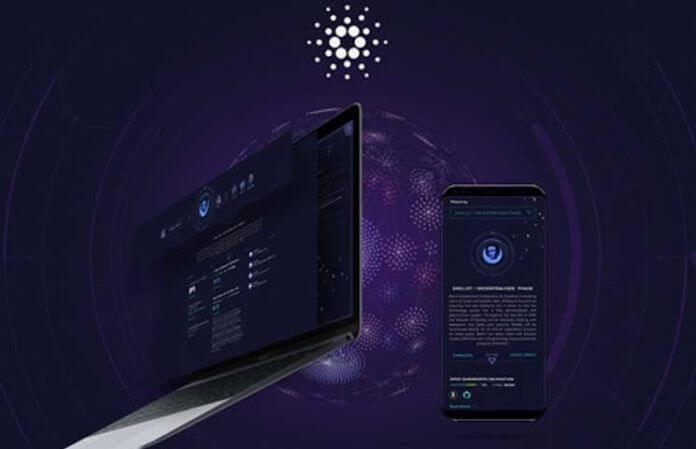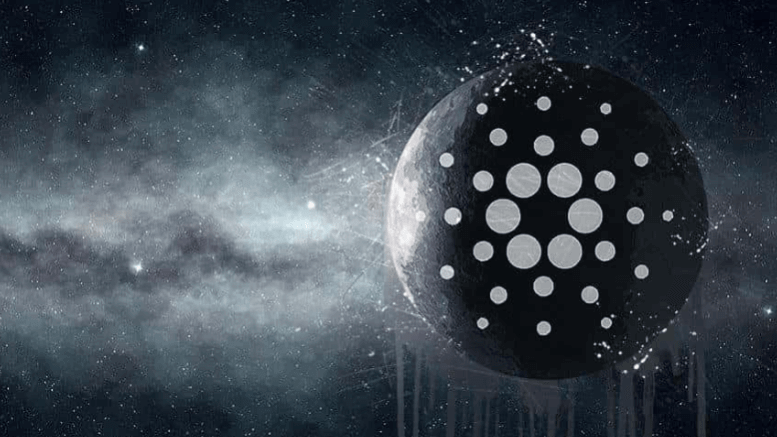
Cardano has been in the blockchain spotlight for more than a year. Cardano has survived a number of controversies and internal crises, but it seems to be emerging from these stronger than ever. With the upcoming release of Cardano version 1.4, Charles Hoskinson and company will bring some incredible features to their pet project. Find out what to expect from the Cardano blockchain in the coming days, and whether or not now might be a good time to buy Cardano ADA.

What is New For Cardano 1.4?
Cardano must be continually updated in order to remain relevant in this competitive industry. Here are some of the key differences Cardano 1.4 will bring to this industry-leading smart contracts platform.
- Cardano is moving to full decentralisation, and this means they’ll have to test a more sophisticated set of features before this ambitious platform can go live. The “Shelley Testnet” will allow users to explore these features, and to find and report bugs. Delegation of Stake and Stake Pools will be among the most important features for users to check.
- Daedelus is a very popular Cardano wallet, but Linux users have never had a version of their own. 1.4 finally brings Daedelus to Cardano’s large Linux user base.
- Rust is a programming language that allows developers to greatly simplify the app creation process. Rust may be a so-called “lightweight” programming language, but it’s one which could lower the barrier to entry for development on platforms like Cardano. A smart contract blockchain is only as strong as the DApps built upon it, so Cardano Rust should help catalyse this.
- The Cardano Testnet will also be updated. It gives users and developers the chance to try out all kinds of functions of the full-fledged blockchain, but without the computational and transaction limit requirements. The Testnet is always a little bit behind the mainnet, in terms of features and capabilities, but with 1.4, the Cardano testnet becomes more powerful than ever before.
- Perhaps the most important change for 1.4 is the way in which Cardano, the blockchain, is stored. Currently, the blockchain is stored across more than 1 million files, all of which must be individually stored on anyone running the blockchain in full. With Cardano 1.4, the blockchain will be stored in just 200 files, bringing a much higher degree of efficiency and lower hard drive/computation requirements for those using Cardano.
No single Cardano 1.4 update will make it a perfect blockchain, but each one of these items is important in its own way. Slowly and surely, Cardano is becoming truly impressive.
Featured image source: Flickr

